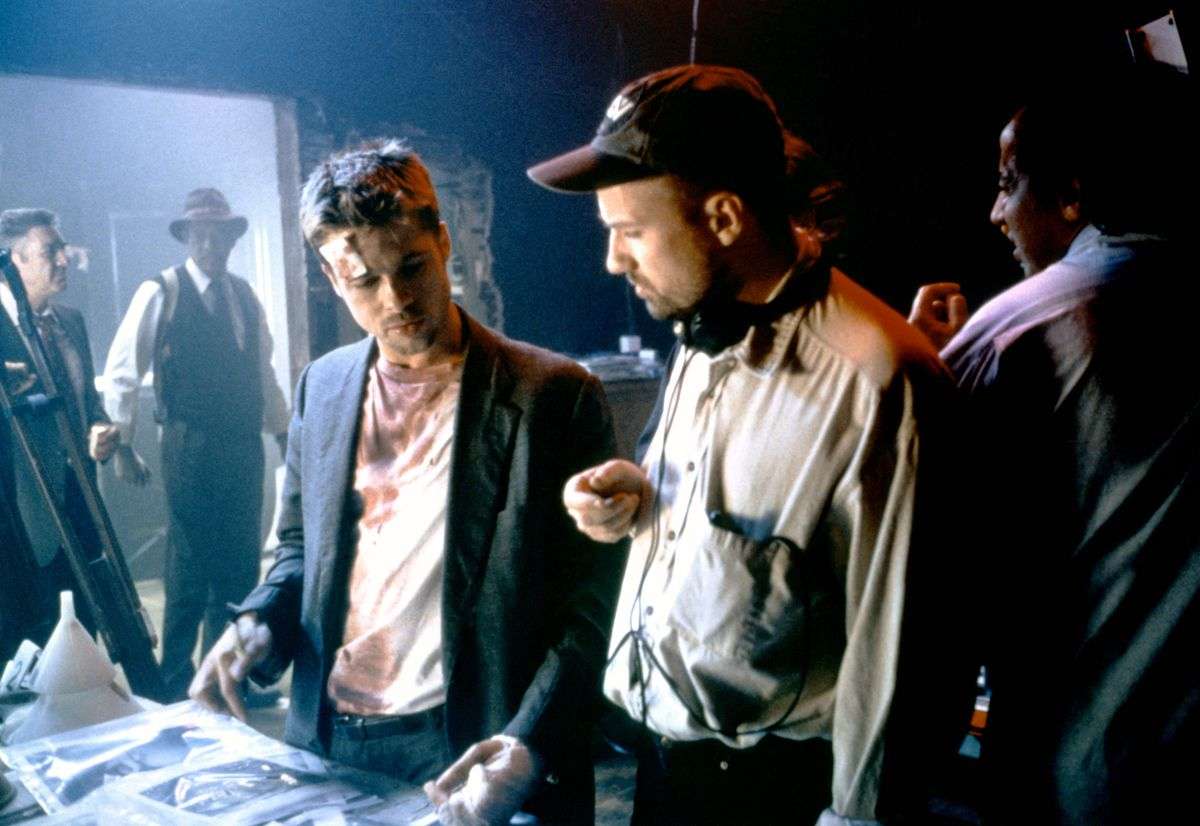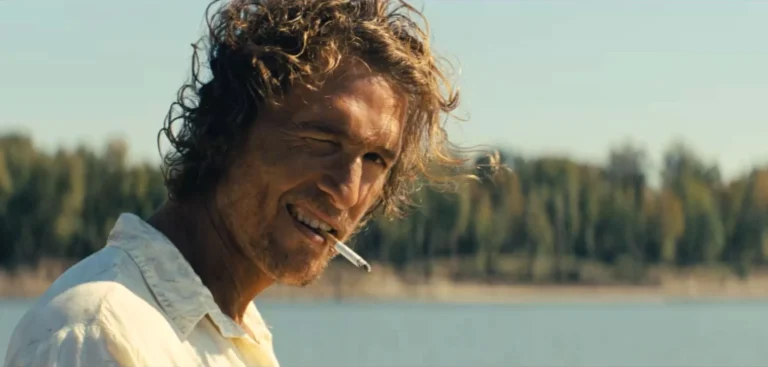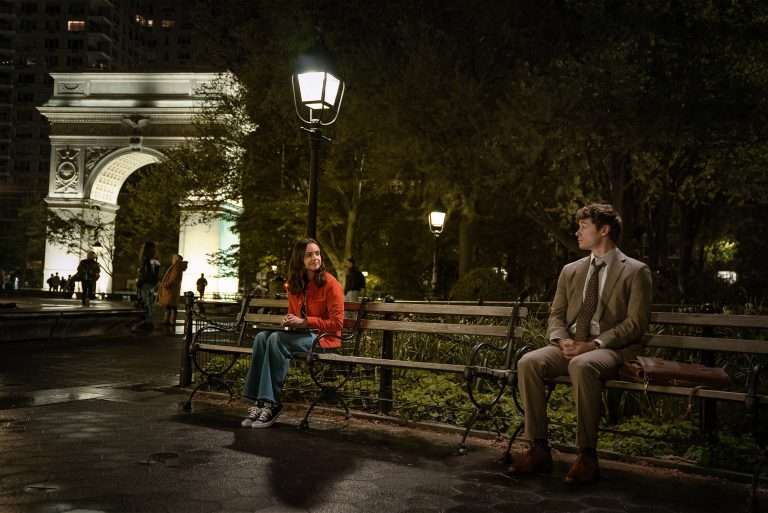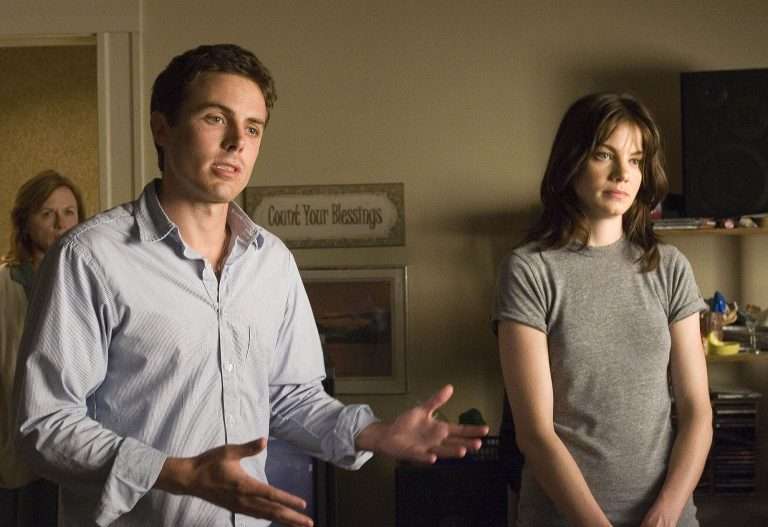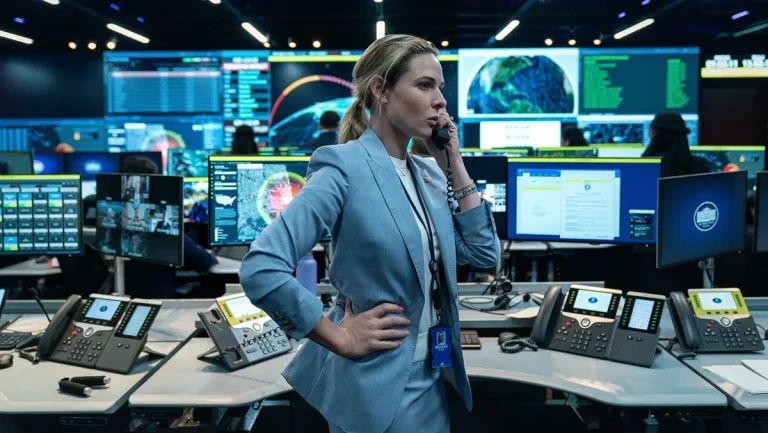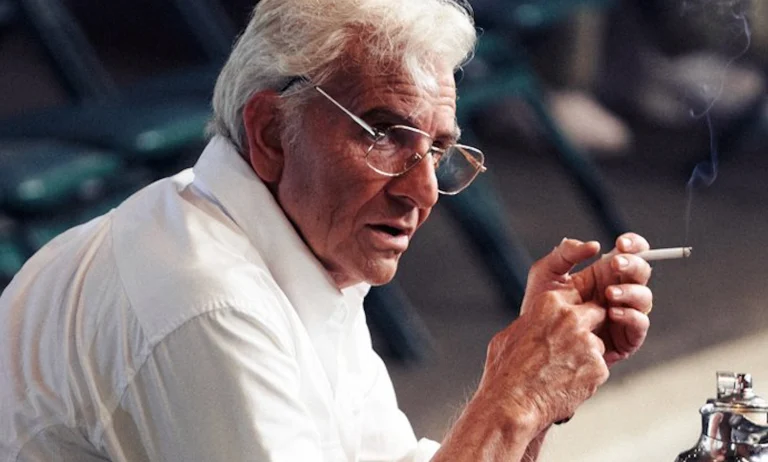When David Fincher sat down to helm Seven, he was coming off the bruising experience of his directorial debut, Alien 3. Studio interference had left him frustrated, even disillusioned. “I thought I was done with movies,” Fincher confessed in a recent interview with Los Angeles Times. Yet, the gritty, rain-soaked thriller that became Seven offered him a rare opportunity: creative freedom. What followed was a gamble on casting, a battle for integrity, and the birth of a genre-defining masterpiece.
Casting Pitt and Freeman: A Perfect Pairing
At the heart of Seven is the compelling dynamic between detectives David Mills (Brad Pitt) and William Somerset (Morgan Freeman). For Fincher, getting the casting right was essential. He knew the film needed contrasting energies to balance its dark narrative. “Brad and Morgan were polar opposites, and that’s exactly what the story needed,” Fincher explained.
Freeman, an already respected actor, brought gravitas and wisdom to the role of Somerset, a weary detective nearing retirement. Fincher recalled Freeman’s calm yet commanding presence: “Morgan has this quality where he doesn’t need to raise his voice. He’s just inherently powerful, and that’s what Somerset had to be—a man who’s seen it all but isn’t jaded.”
Pitt, on the other hand, was cast against the grain of his rising star persona. Known for his charm and good looks, Pitt had just emerged from Legends of the Fall and Interview with the Vampire, roles that highlighted his romantic appeal. But Fincher saw in him the restless energy of a younger detective desperate to prove himself. “Brad was hungry—he wanted to do something raw, something that would push him out of his comfort zone,” Fincher said.
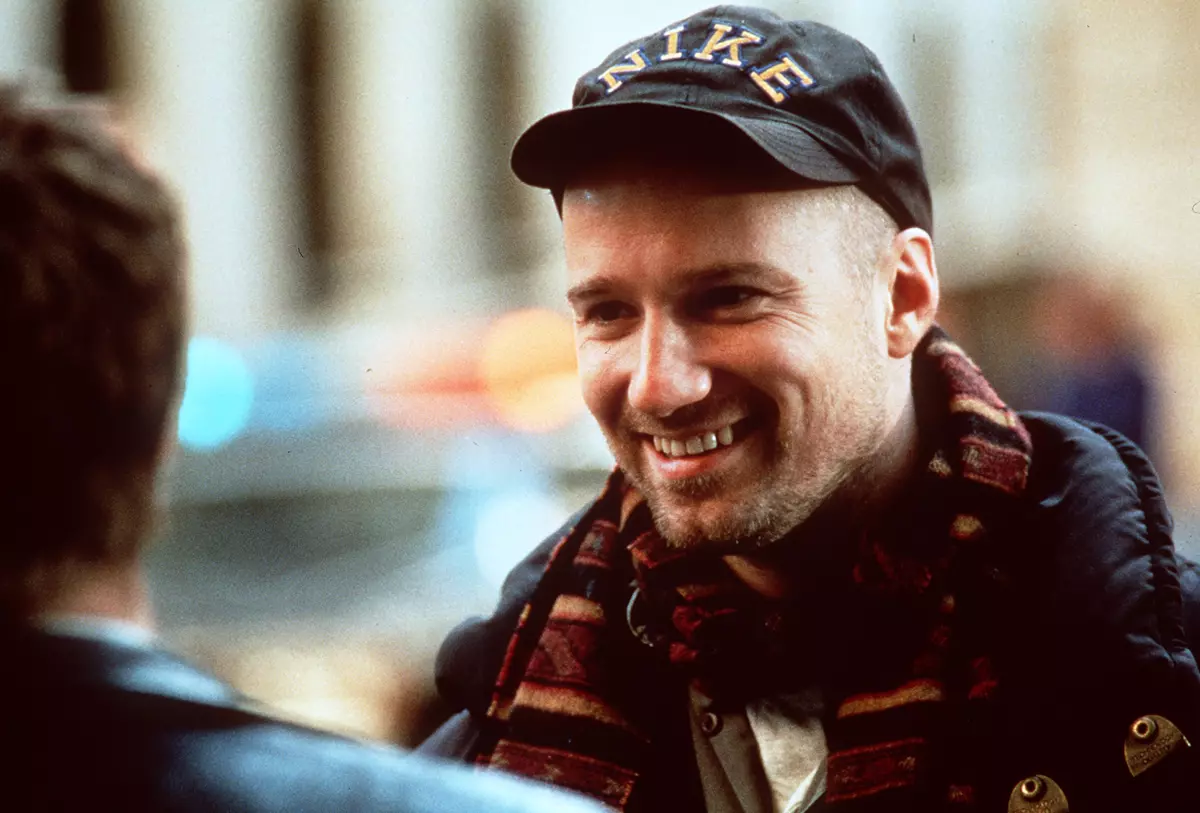
Fighting for His Vision
The journey to casting Pitt wasn’t without hurdles. Fincher shared how studio executives were initially wary of Pitt’s involvement, unsure if he could carry the intensity of the role. “They were like, ‘Do you really want him in this?’ And I said, ‘Yes. Absolutely.’” Pitt’s commitment to the role eventually won everyone over, with his willingness to get gritty proving instrumental in defining Mills’ character.
Freeman, meanwhile, was Fincher’s first and only choice for Somerset. “There wasn’t a plan B,” Fincher admitted. His confidence paid off when Freeman agreed to the role, drawn by the depth and moral complexity of the script.
Also, Read – 10 Movies to watch if you like Se7en
Trusting the Script—and the Audience
One of the most remarkable aspects of Seven was Fincher’s insistence on sticking to Andrew Kevin Walker’s original script, which featured its now-iconic bleak ending. Fincher shared with the Los Angeles Times that the studio initially pushed for a more conventional resolution. “They were like, ‘Does it really have to end this way?’ And I said, ‘Yes, it does.’ The whole movie builds to that moment.”
Both Pitt and Freeman supported Fincher’s vision. Freeman even refused to continue unless the ending remained intact. “He was like, ‘You mess with the script, I’m out,’” Fincher recalled with gratitude.
Pitt’s loyalty to the script also shone through, especially during the grueling shoot for the climactic desert scene. Despite long hours and harsh conditions, Pitt insisted on getting it right. “He was so invested in that final moment. I think he knew it would make or break the film,” Fincher said.
A Masterpiece Born of Collaboration
Reflecting on Seven, David Fincher credits the collaboration between cast and crew as the key to its enduring impact. “It wasn’t just my vision—it was Brad, Morgan, Andrew [Kevin Walker], Darius [Khondji, cinematographer]. Everyone brought their A-game.”
Thanks to Fincher’s meticulous approach and the stellar performances of Freeman and Pitt, Seven became a box-office and critical triumph. Nearly three decades later, the film remains a cornerstone of Fincher’s career and a testament to the power of trusting one’s vision—even in the face of doubt.
This article draws from an interview with David Fincher published by the Los Angeles Times.

